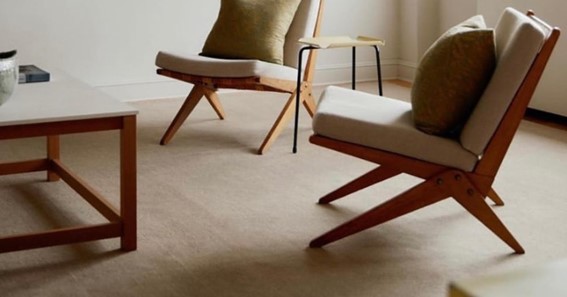In recent years, minimalism has emerged as a popular aesthetic trend, captivating the attention of many with its clean lines, simplistic design, and clutter-free living spaces. But behind its undeniable appeal lies a complex relationship with old money and privilege, intertwined through the concept of inconspicuous consumption. Let’s take a closer look at the minimalist movement, while also acknowledging its aesthetic merits.
In case you are not familiar with what is minimalism, the shortest way to describe this aesthetic trend would be as streamlined, simple and understated. It found its way into fashion, makeup as well as interior design. There are several reasons for its popularity.
One cannot deny the association between minimalism and old money. The minimalist lifestyle often requires a certain level of financial stability to afford the luxury of simplicity. This connection has led to the perception that minimalism is an aesthetic reserved for the elite – those who have the means to live with fewer material possessions and embrace a streamlined existence. In many ways, minimalist living has become a status symbol, a way for the privileged to showcase their wealth by deliberately choosing to live with less.
But let’s not forget the irony that exists within this aesthetic trend. Minimalism’s allure is largely context-based. In essence, it can be said that rich people just dress shabby. It’s a joke that highlights how the minimalistic style—often characterized by neutral colored clothes, understated living, and unassuming accessories—can sometimes make one wonder if they stumbled upon a fashion show for the affluent or a yard sale in a small town neighborhood. Nevertheless, this play on appearances should not overshadow the genuine appeal of minimalism.
Setting aside the associations with privilege, minimalism does possess its own aesthetic merits. Its simplistic design and clean aesthetic are easy on the eye, providing a sense of calm and serenity in a world inundated with visual noise. The emphasis on functionality and practicality also resonates with many, as minimalist interiors and designs allow for efficient use of space and promote a sense of order and clarity.
Click here – Benefits of Using Soundproof Panels in Your Home or Office
Moreover, minimalism extends beyond mere aesthetics. There are psychological benefits to living in streamlined interiors. Studies have shown that a clutter-free environment can reduce stress, enhance focus and productivity, and promote a sense of well-being. By stripping away the excess, minimalism creates room for intentional living, allowing individuals to prioritize what truly matters to them.
In conclusion, while minimalism may be entangled with notions of old money and privilege, it is important to look beyond these associations and recognize the aesthetic merits it brings to the table. Minimalism’s clean lines, functionality, and psychological benefits should not be dismissed lightly. So, whether you choose to embrace minimalism as a symbol of status or as a means of simplifying your life, there is no denying its visual appeal and positive impact on our well-being. After all, sometimes less truly is more.

